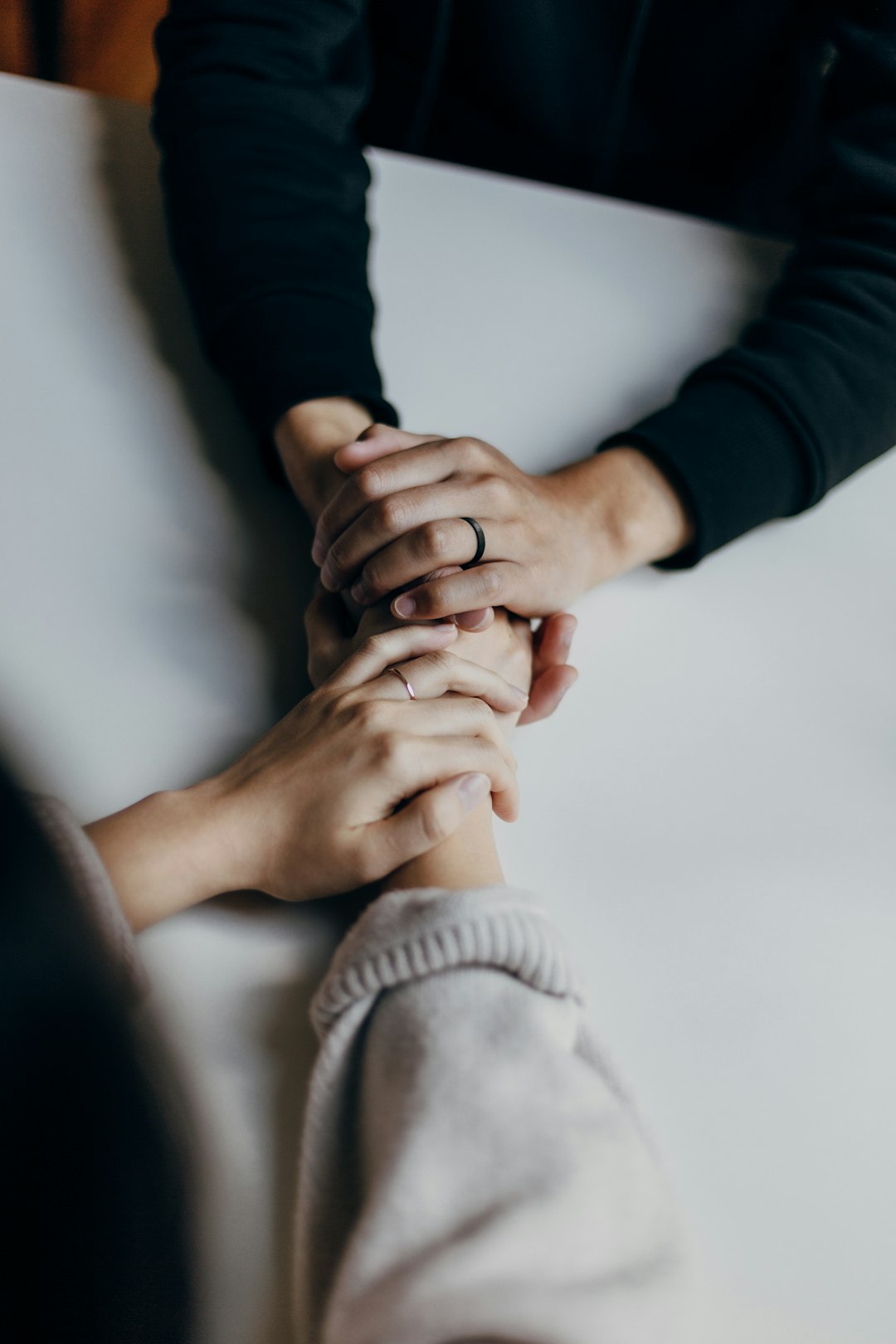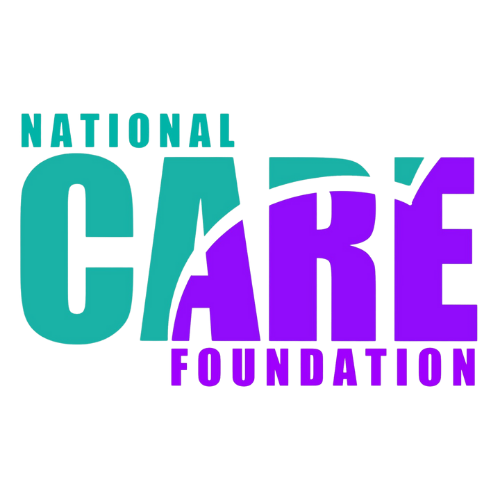Domestic violence is a problem that affects millions of families around the world. It can happen to anyone, regardless of age, gender, race, or socioeconomic status. Unfortunately, many victims of domestic violence don’t realize what’s happening until it’s too late.
Recognizing the signs of domestic violence is crucial for anyone who suspects that they may be a victim. This article will explain some of the most common signs of domestic violence and how to get help if you or someone you know is in a abusive relationship.
Defining domestic violence
Domestic violence is a pattern of behavior characterized by the misuse of power and control by one person over another within an intimate relationship, such as marriage or cohabiting relationship. There are different forms of abuse can occur within a relationship, such as physical, emotional, sexual, financial, and psychological abuse.
Physical abuse is the most commonly recognized form of domestic violence and involves the use of physical force against another person, such as hitting, kicking, or using a weapon. Emotional abuse is any kind of behavior that harms the other person’s sense of self-worth, such as constant criticism or putting them down. Sexual abuse is any kind of sexual contact that occurs without the other person’s consent. Financial abuse occurs when one partner controls the other’s access to money or financial resources. Psychological abuse encompasses all forms of abusive behavior designed to intimidate, degrade, or control the other person, such as threats of violence or manipulation.
It is important to recognize the signs of domestic violence, even if the abuse is not outwardly visible. Some of the signs of domestic abuse are fear, insecurity, depression, anxiety, isolation, insecurity in relationships, and a loss of self-esteem.

https://unsplash.com/@priscilladupreez
Warning signs of domestic violence
Along with recognizing the signs of domestic abuse, recognizing the warning signs can help you identify an abusive relationship before it is too late. The following signs may indicate that you or someone you know is in an abusive relationship:
– Checking in too much. If your partner is constantly asking you where you are, who you’re with, and what you’re doing, it could be a sign of controlling behavior.
– Isolating you from friends and family. Abusers may want control over the relationship and limit your access to people who can provide support.
– Making threats. Abusers may make threats of violence or other negative consequences in order to control and intimidate you.
– Discouraging your interests. Your abuser may seek to control you by discouraging or preventing you from pursuing activities that make you happy, such as hobbies or educational goals.
– Unpredictable behavior. Abusers may respond to seemingly small issues with disproportionate anger, which can leave you feeling unsafe and on edge in the relationship.
Why victims stay in abusive relationships
It can be difficult to understand why anyone would stay in an abusive relationship. It is important to remember that there are a variety of complex factors that make it hard for a person to leave an abusive partner. It is not always easy to recognize the signs of an abusive relationship, and an abuser may employ tactics that make it difficult or impossible to end the relationship. The following are some of the reasons why victims may stay in abusive relationships:
– Fear of violence: An abuser may significantly threaten their partner, creating a fear of violence if the victim attempts to leave the relationship.
– Lack of resources: Domestic violence can cause victims to become economically and emotionally dependent on their abuser.
– Low self-esteem: Abusers may use psychological abuse to make the victim feel powerless. This can lead to feelings of low self-worth, making it hard to leave an abusive situation.
– Lack of social support: Abusers can threaten the victim’s supportive friends and family members or limit the victim’s access to them. This can leave the victim feeling isolated and without the resources to help them safely escape the relationship.
– Belief that the situation may improve: Abused individuals may feel optimistic that their partner will eventually change their behavior. Many victims may stay in unhealthy relationships out of hope that their abuser will change and the relationship will improve.
How to get help if you’re in an abusive relationship
Leaving an abusive partner can be dangerous and the right action will depend on you and your individual situation. Here are some options to consider:
1. Reach out to an abuse hotline or other crisis hotlines (e.g. domestic violence, suicide prevention). These hotlines provide confidential help and assistance to victims of domestic violence and can provide advice on next steps.
2. File a restraining order if you feel safe enough to do so. This may protect you from further acts of abuse by your partner. It can also provide you with the legal leverage to protect any children at risk of abuse.
3. Connect with a community of people who have been in similar situations. There are numerous support groups for abuse victims and their families to connect with people who have had similar experiences and offer emotional support.
4. Leave the house in a safe way. If you decide to leave, make sure you are not followed or seen leaving. You can also create an escape plan and put together a “go bag” with essential items to have for an emergency.
5. Contact a domestic violence agency. These organizations provide services such as shelter, legal assistance, and counseling services. A domestic violence agency may also be able to help you access financial benefits, housing services, and establish your own safety plan.

https://unsplash.com/@priscilladupreez
How to help someone you suspect is in an abusive relationship
If you suspect someone close to you may be in an abusive relationship, it is important to remember that you can’t control their situation or force them to leave. However, there are several ways you can be helpful.
• Be a supportive listener. Encourage them to talk about their experience. Let them know that you believe them and that it is not their fault.
• Research domestic violence services in your area and make them available. Offer to accompany them to support centers, hotlines, or health organizations for advice.
• Help them to be safe if they are in immediate danger. Pack a “go bag” for them with items that may help them safely leave if necessary.
• Offer them a safe place to stay or help them to find a domestic violence shelter.
• Help them to access financial resources if needed.
• Offer to look after their children while they are making decisions or getting help.
• Remind them that they are not alone. Be there for them emotionally and practically.

https://unsplash.com/@shanerounce
To wrap things up
It is important to stay in touch with loved ones who you suspect are in abusive relationships. Show them that you’re there for them and willing to help. Remind them that they have options and can be supported without judgment.
Domestic violence can be a terrifying and isolating experience. It is essential to remind friends and family that they are loved and their safety is more important than anything else. By working together, we can all help to create a world of zero tolerance towards domestic violence.

